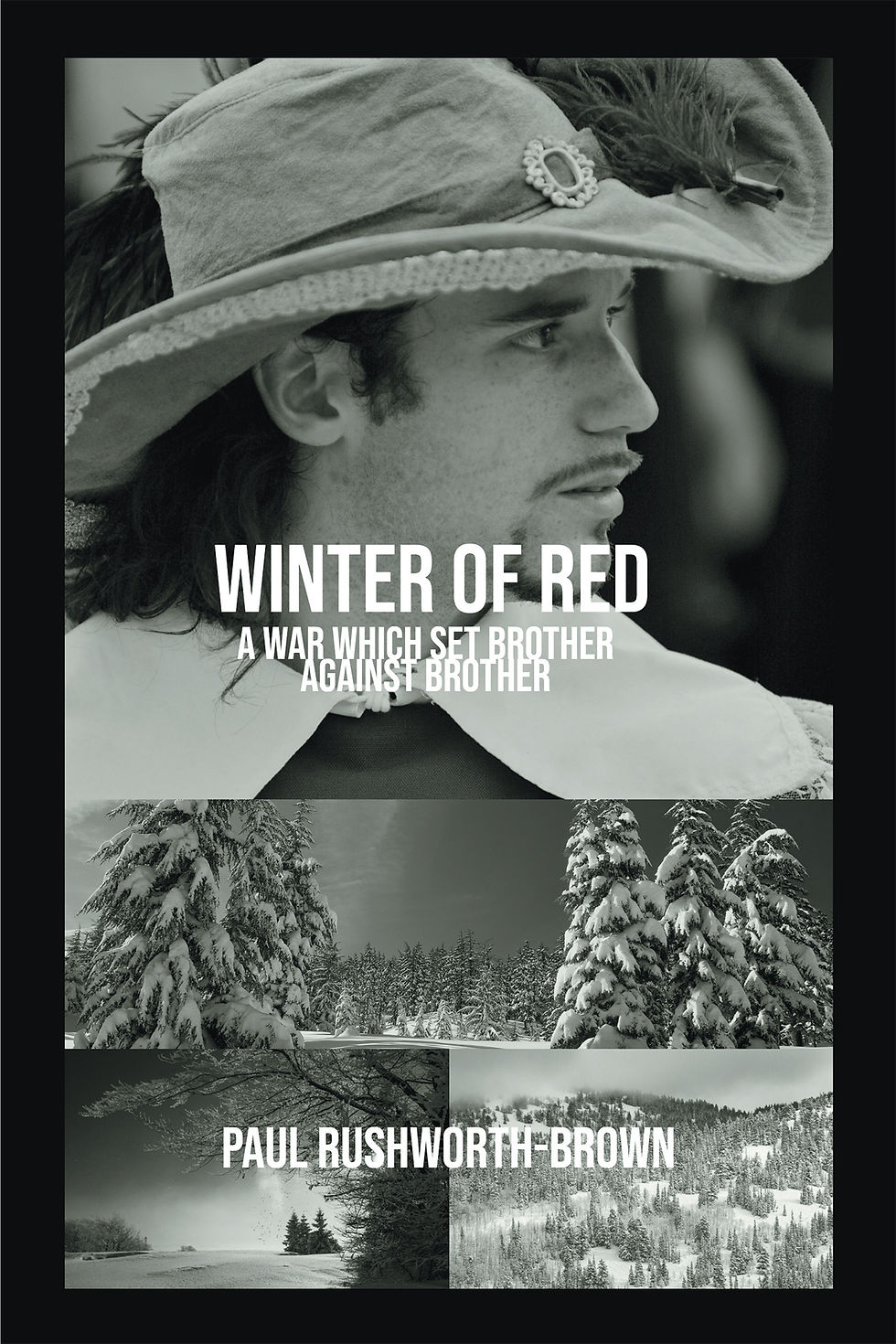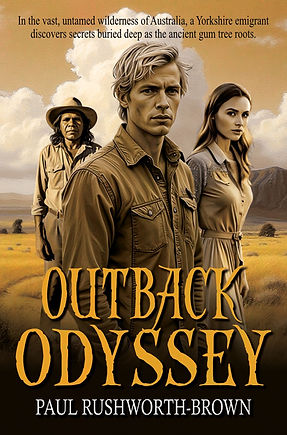Discovered Among the Human Excrement, Corpses of Unwanted Infants. WHAT?
- Paul Rushworth-Brown

- Mar 16, 2021
- 4 min read
Updated: Jun 6, 2023

The word ‘gong’ is derived from the old English, gang, which means ‘to go’ and seems to have been used to describe a privy or latrine since as early as the 11th century.
The ‘gong farmer’ was a someone who dug out and removed human excrement from privies and cesspits in 14th to 17th century England. Gong farmers were only allowed to work between 9pm and 5am as members of the public did not want to see them at work digging and collecting the ‘night soil’.
Night soil is a historically used euphemism for human excreta collected from cesspools, privies, pail closets, pit latrines, privy middens, septic tanks, etc. This material was removed from the immediate area and often transported out of towns and sold on as a fertilizer.
Another definition is "untreated excreta transported without water (e.g. via containers or buckets)".The modern term is fecal sludge.
Cesspits were made from brick chambers about six feet deep and four feet wide. They were placed as far away from the house as possible, but sometimes they are installed in the basement and were often placed under cellar floors or in the yard of a house. Some had wooden chutes to carry excrement from the upper floors to the cesspit, sometimes flushed by rainwater. Cesspits were not watertight, allowing the liquid waste to drain away and leaving only the solids to be collected. After being dug out, the solid waste was removed in large barrels, which were loaded onto a horse-drawn cart.

A foul odour from cesspits was a continual problem, and the accumulation of solid waste meant that they had to be cleaned out every two years or so. In the late 15th century, they charged two shillings per ton of waste removed. The working life of a gong farmer was spent up to his knees, waist, even neck in human excrement. It was also an extremely dangerous job, as gong farmers often dug into pockets of deadly poisonous gas and of course risked disease. Sometimes the gong farmer would be overcome by asphyxiation from the noxious fumes produced by the human excrement.
A gang of four men (exclusive of those who have the care of the horses, and who drive the night-carts to and from the scenes of the men’s labours at the cesspools) are set to work. The labour of the gang is divided, though not with any individual or especial strictness, as follows: The holeman, who goes into the cesspool and fills the tub, the ropeman, who raises the tub when filled and the tub men (of whom there are two), who carry away the tub when raised, and empty it into the cart.
From this we can see that much of the work was done from a surface level, and though lanterns were used, it was not necessary to enter the dangerous areas with the lanterns due to the build-up of methane gas. The lanterns were placed nearby or suspended over the work area.
Much of what is known about privies during the 17th and 18th century comes from witness statements describing what had been discovered among the human excrement, such as the corpses of unwanted infants.
From the early 17th century onwards the larger towns and cities began to employ scavengers, as they became known, to remove waste from the streets. Much of this effluent came from overflowing privies and dunghills, or from chamber pots emptied into the streets from upstairs windows.

Paul Rushworth-Brown is the author of three novels:
RELEASED APRIL 15- PRE ORDER NOW
Skulduggery- The bleak Pennine moors of Yorkshire; a beautiful, harsh place, close to the sky, rugged and rough, no boundaries except the horizon, which in places, went on forever. Green pastures and wayward hills, the colours of ochre, brown and pink in the Spring. Green squares divided the land on one side of the lane, and on the other; sheep with thick wool and dark snouts dotted the hills and dales. The story, set on the Moors of West Yorkshire, follows wee Thomas and his family shortly after losing his father to consumption. Times were tough in 1603 and there were shenanigans and skulduggery committed by locals and outsiders alike. Queen Bess has died, and King James sits on the throne of England and Scotland. Thomas Rushworth is now the man of the house being the older of two boys. He is set to wed Agnes in an arranged marriage, but a true love story develops between them.
"A glorious read of a period well versed and presented with accuracy and authentic telling by an author who is as much engrossed in his prose as the reader he shares with...masterful and thoroughly enjoyable...5 stars." Adrian, Indibook reviewer

Winter of Red- Come on this historic journey, which twists, turns and surprises until the very end. If you like history, adventure and intrigue with a dash of spirited love, then you will be engrossed by this tale of a peasant family unexpectedly getting caught up in the ravages of the English Civil War in 1642.
"A fictional, historical novel about a loving peasant family caught up in a 1642 shocking Civil War. Humour, romance, adventure and excitement are here to enjoy. A great story.

"Dream of Courage- Soon to be released!
The much anticipated story of the Rushworth family and their journey out of poverty. King Charles has been executed and England becomes a Republic under the leadership of Oliver Cromwell. Highwaymen, thief-takers, pirates and broggers tell the story in this mysterious and bone chilling historical thriller.





.png)

.png)


.png)
.png)



.png)








Comments